A concussion is a traumatic brain injury that results from the brain hitting the skull or a strain on neural tissue due to excessive force. Longer-term impacts are unusual however an expected 20% of individuals will encounter persistent symptoms of post-concussion syndrome, where their symptoms last for over about a month and a half.
What are the different levels of symptoms of Concussion?
Depending upon the severity, symptoms of concussion can be classified into grades.
Grade 0: You will experience headache and will face difficulty in concentrating.
Grade 1: At this stage, you will experience headaches, difficulty in concentrating, and feel dizzy for less than a minute.
Grade 2: Grade 1 symptoms are noticed with dizziness feel for a longer duration. At this stage the patient will also notice symptoms like confusion, amnesia, ringing in the ears, and irritability.
Grade 3: At this stage, you will lose consciousness for a short period no longer than a minute.
Grade 4: At this stage, consciousness will last for longer than a minute.
Concussion recovery might require 7 to 10 days in some cases. Grade 0 or 1 would require 1 or 2 days of rest to return to normal activities. For Grade 2 headache might require a few days of rest. Whereas Grade 3 or 4 requires at least a few weeks of recovery time. Irrespective of the severity of your concussion, it is recommended to be symptom-free before returning to your normal activities.
Make sure you do not take any medication without consulting the doctors. Suppose if someone who has recently suffered from a severe brain injury, are not supposed to be left alone for at least 48 hours.
Do not forget to consult your doctor to see when you can:
- Resume your work
- Drive a vehicle
- Travel in an airplane
- Start your sports activities
- Intake of alcohol
12 tips to recover from concussion faster
- Reduce screen time: Sustained work on bright lights of the screen can be eye-straining and this might worsen your concussion. So try to limit the amount of time you invest on your laptop, mobile phone or TV or any other device.
- Limit the exposure to loud sounds: Avoid exposing to loud sounds and bright fluorescent lights and give your body time to heal. Loud sounds and bright fluorescent lights might worsen your headache.
- Limit the unnecessary movement of your head and neck: Avoid anything that might require your neck or head to hustle around. These movements can cause the grade 0 or grade 1 concussion. Therefore, It is recommended to minimize such motions of head and neck in order to recover from them,
- Stay hydrated: As dehydration might raise the risk of concussion, it is suggested to stay hydrated while you’re at the recovery stage.
- Rest: This is a vital part of your recovery. One must take proper rest to reduce the stress level of your body and this, in turn, would help you in speedy recovery.
- Avoid sports activity: As sports might have indulged motion of your neck and head, it might increase your risk of concussion. Therefore, it is advisable to avoid sports during your recovery period.
- Avoid alcohol consumption: Alcoholic beverages might slow down your recovery and may increase the risk of an increase in concussion. Avoid the intake of alcohol during your recovery period.
- Intake more protein: Practicing a healthy diet is very much essential especially during your recovery process. Try to intake as much protein such as meat, beans, fish, and nuts.
- Eat food rich in Omega-3s: Omega-3s fatty acid helps in the recovery of neurons in concussion. So food such as fatty fish, such as salmon, walnuts, flax seeds, soy, and chia seeds should be consumed.
- Consume antioxidants: Researchers suggest that antioxidants help in improving memory and overall functioning of neurons.
- Be patient: Patience is very much essential during the recovery period. Urging to get back to your normal activities can make things worse especially if symptoms come and go. Therefore, have patience and give time for your body to recover.
- Consult Doctor: Your doctors will help you with some additional recovery tips. Contact your doctor and do not take any medications without consulting them.
If you’re dealing with any consequences of a concussion or sustaining any brain injury, it’s better to reach out to the doctor immediately. If it’s serious, it should be treated in an early stage so that your chances of getting a full recovery are much better. Visit our Concussion Management clinic in Vancouver, surrey and Fleetwood locations and recover from you concussion.
Read the infographic below.

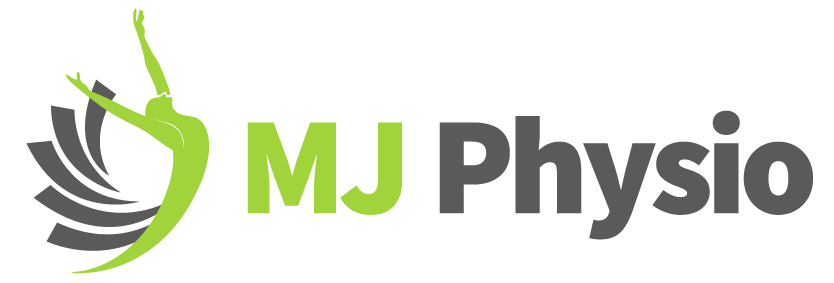
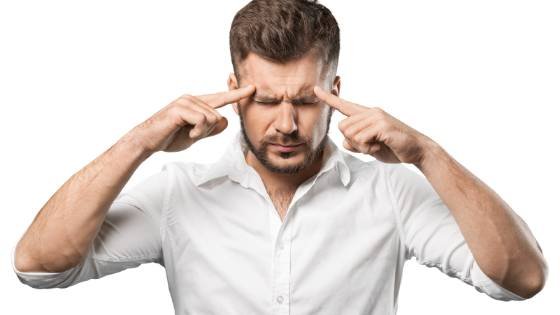
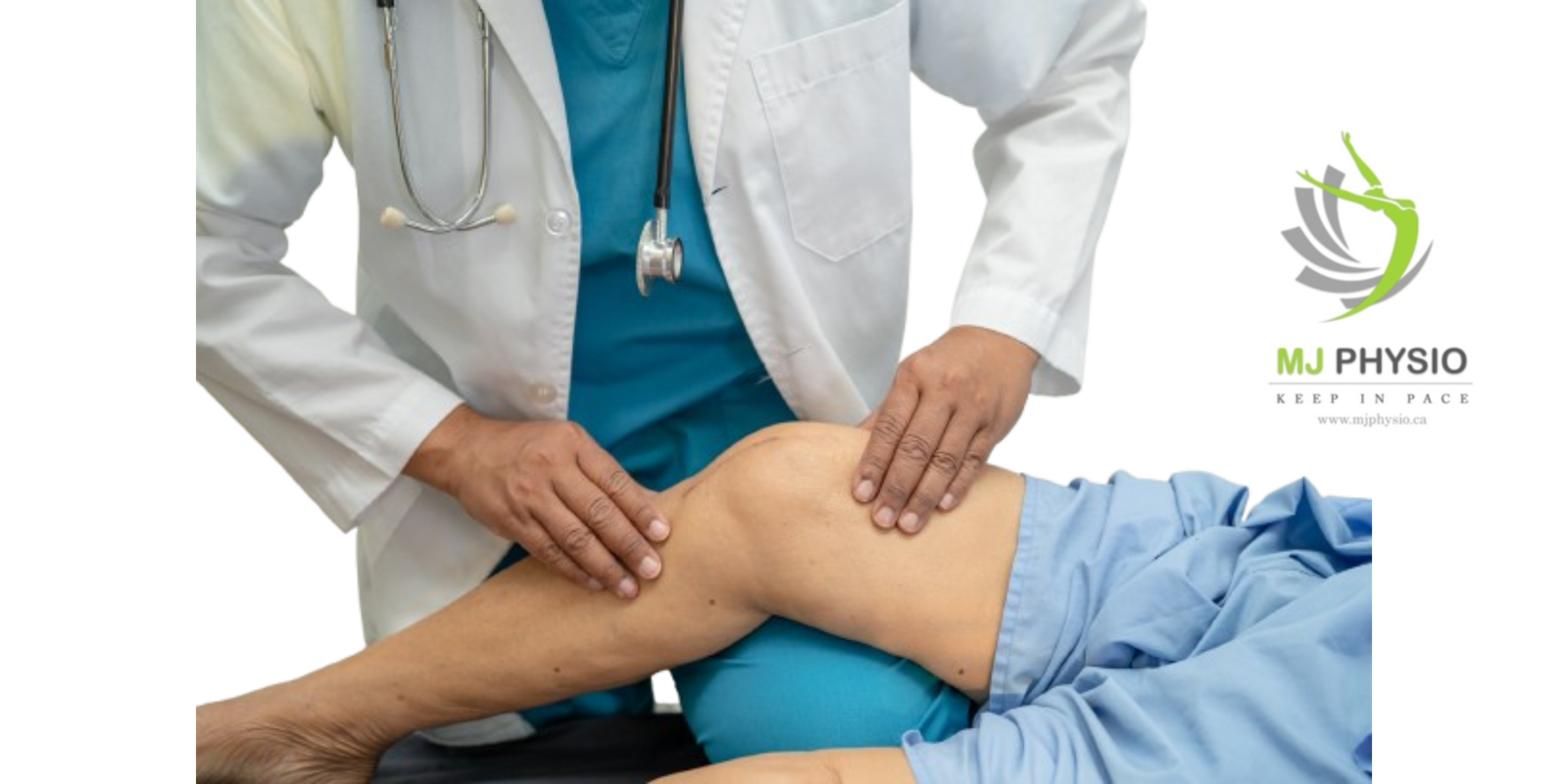
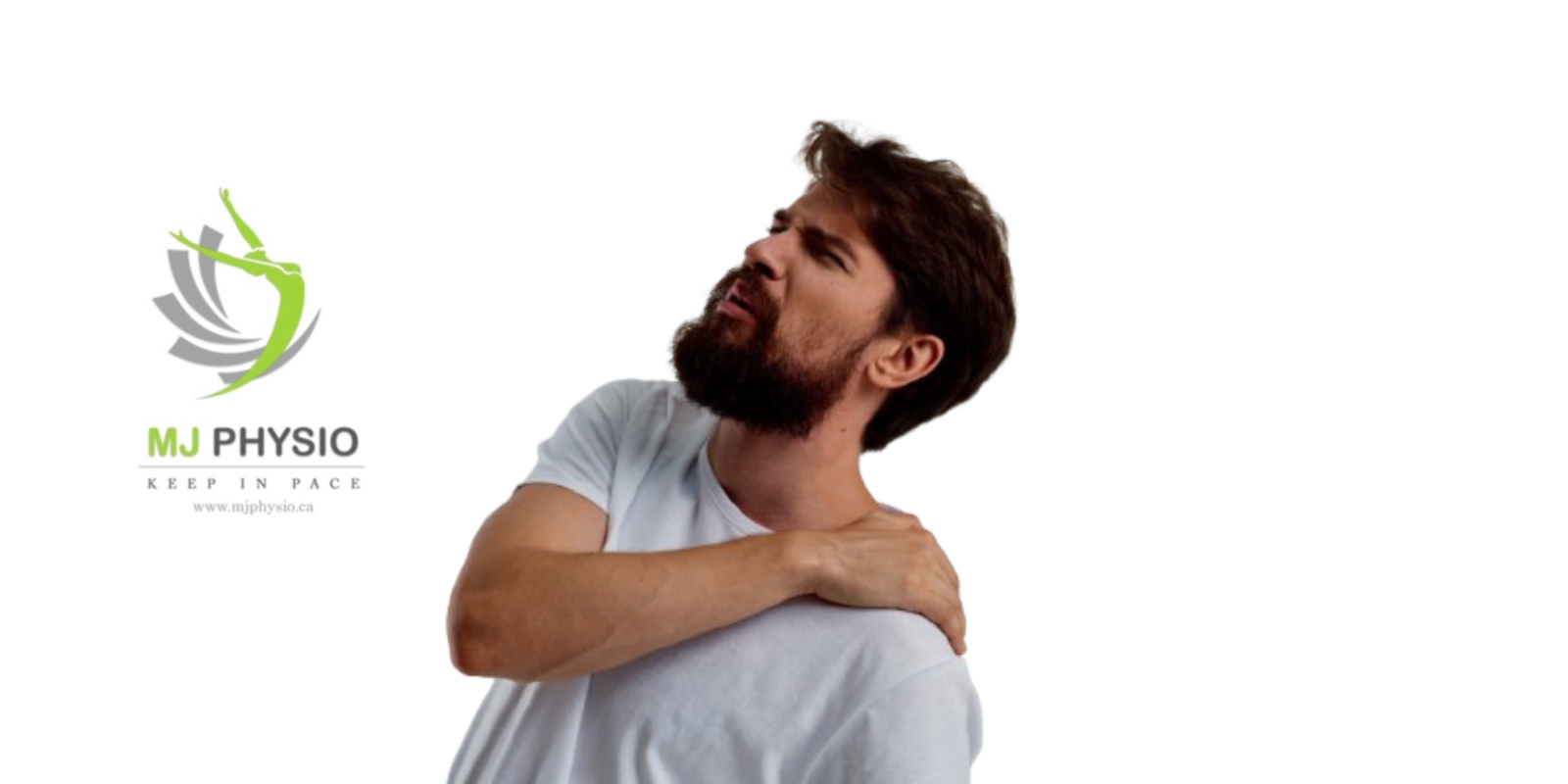
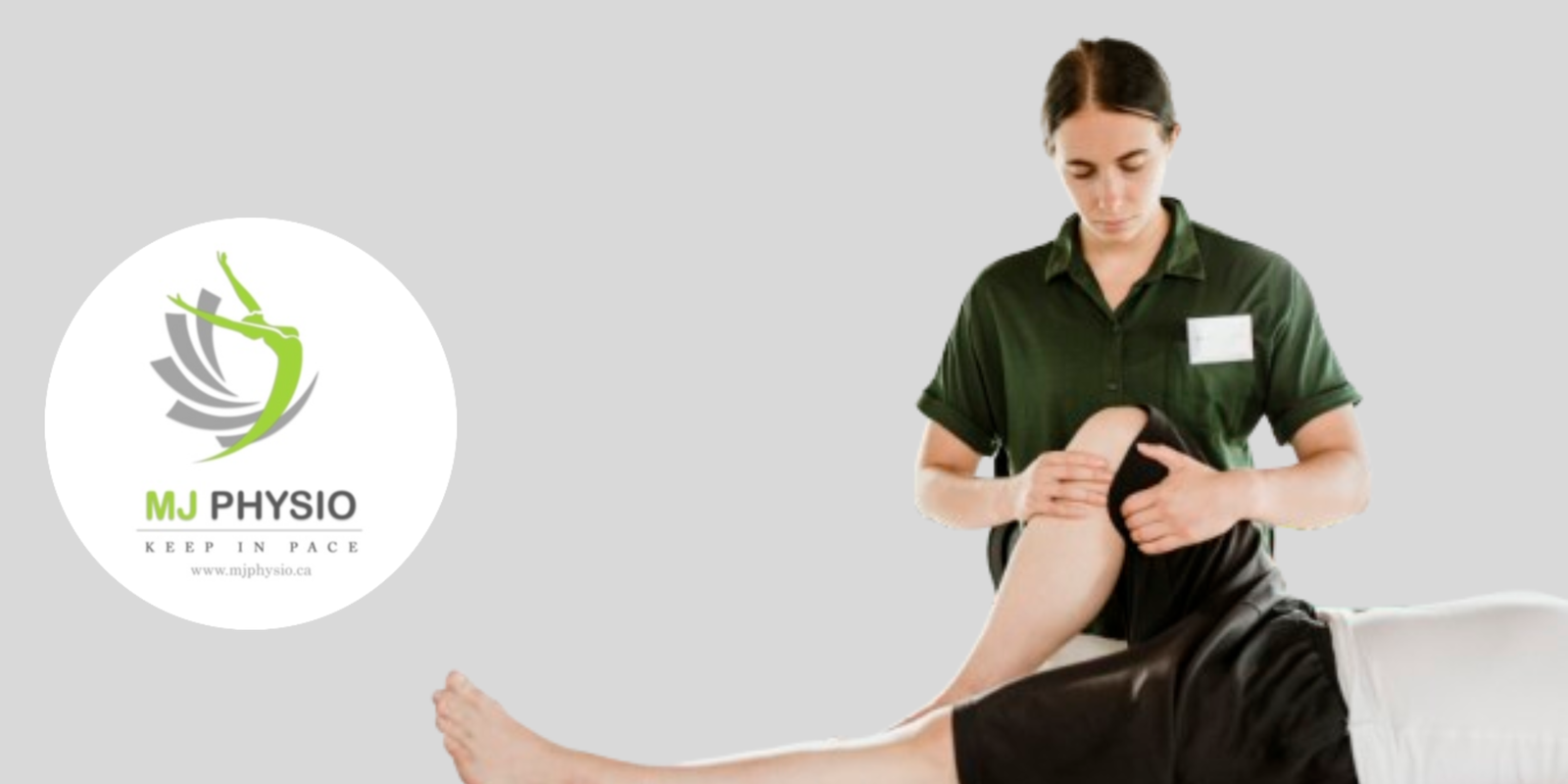
Post Comments